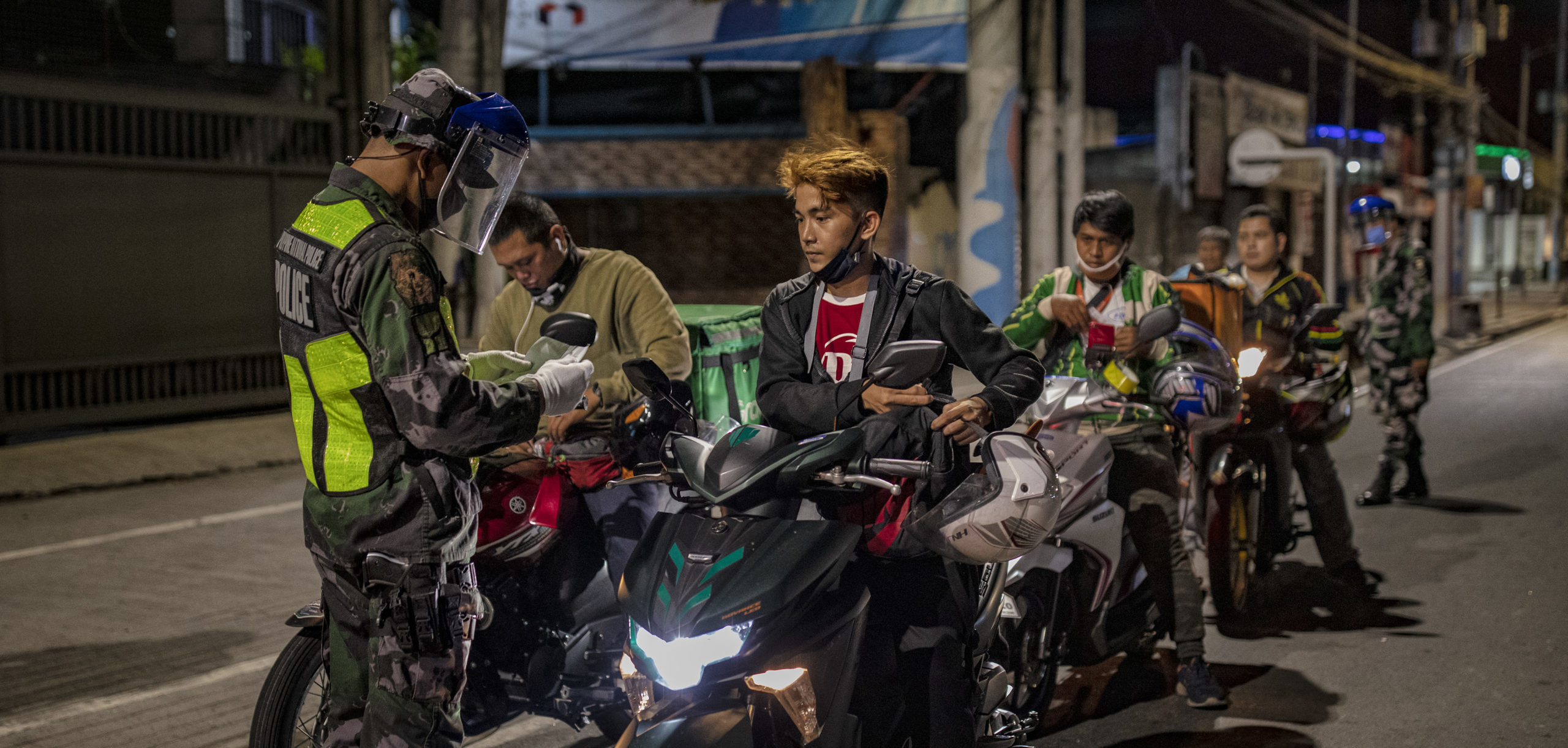MEDIA QUOTE
The Philippine government should ensure that everyone has access to objective, credible and evidence-based information on Covid-19 vaccines instead of imposing disproportionately punitive measures to compel immunization, Amnesty International said today.
On Wednesday, the Department of Transportation banned unvaccinated people from riding all forms of public transport to and from Metro Manila, the latest restriction after already strict stay at home orders. Only those with medical conditions preventing full vaccination, and those traveling to get essential goods and services or to go to vaccination sites, are exempted from the ban.
The move comes days after President Rodrigo Duterte urged local government authorities to arrest unvaccinated people in breach of these new restrictions, making good on threats from 2021. The President added that civilians can also be deputized to enforce this new policy and carry out arrests.
“There are indeed legitimate reasons for aiming to vaccinate as many people as possible. However, these reasons should not prevent people from freedom of movement. At a time when millions of Filipinos remain unemployed because of the pandemic, the restrictions imposed by the government will hit especially hard those working low-income jobs that cannot be done remotely and those who belong to communities who are economically less able to stock up on food and other essentials,” said Butch Olano, Amnesty International Philippines Section Director.
“The call from the President on local governments to arrest those who defy stay at home orders violates international human rights law. The goal of getting out of this pandemic can be achieved with non-punitive measures. Nobody should be imprisoned for being unvaccinated, and arrest and detention of people for breaching Covid-19 regulations must be avoided given the increased risk of contagion in crowded places of detention.”
“The way out of this pandemic is not to impose unacceptably disproportionate restrictions and punishment on those who are unvaccinated. Mandates including stay at home orders and the inability to access affordable basic services like buses and trains would only further erode trust in the government. Public acceptability of the vaccines and trust in government are needed right now to increase vaccine uptake.”
Background
On 3 January, Metro Manila was placed under new restrictions owing to a surge of the Omicron variant. Under Alert Level 3, those who are unvaccinated were ordered not to leave their homes or use public transportation with the exception of essential journeys such as procuring essential goods or going to vaccination sites.
On 12 January, the Department of Transport announced a “no vaccine, no ride” policy which would require those who wish to travel by any form of public transport to show proof of vaccination or a certification for those with medical conditions preventing them from being fully vaccinated or for essential journeys.
Measures that would require a negative Covid-19 test for anyone unvaccinated to access the workplace (at their own expense) have also been introduced in the National Capital Region.
Resolution No. 148-B adopted by the Inter-agency Taskforce for the Management of Emerging Infectious Diseases requires all public and private employers in areas with sufficient supplies of Covid-19 vaccines to ensure all on-site workers are fully vaccinated or otherwise require those unvaccinated to undergo regular testing for Covid-19 at their own expense.
Mandatory vaccination to increase vaccine coverage is seen more as a strategy of last resort by organizations including the World Health Organization, which encourages states and employers to instead focus on building trust in vaccines and promoting voluntary approaches.
To this end, governments should provide accurate and evidence-based information, in formats that are accessible to everyone, in order to continue to inform people about the availability, necessity and effectiveness of vaccination.
To date only 48 percent of the country’s total population of 110 million are fully vaccinated.


